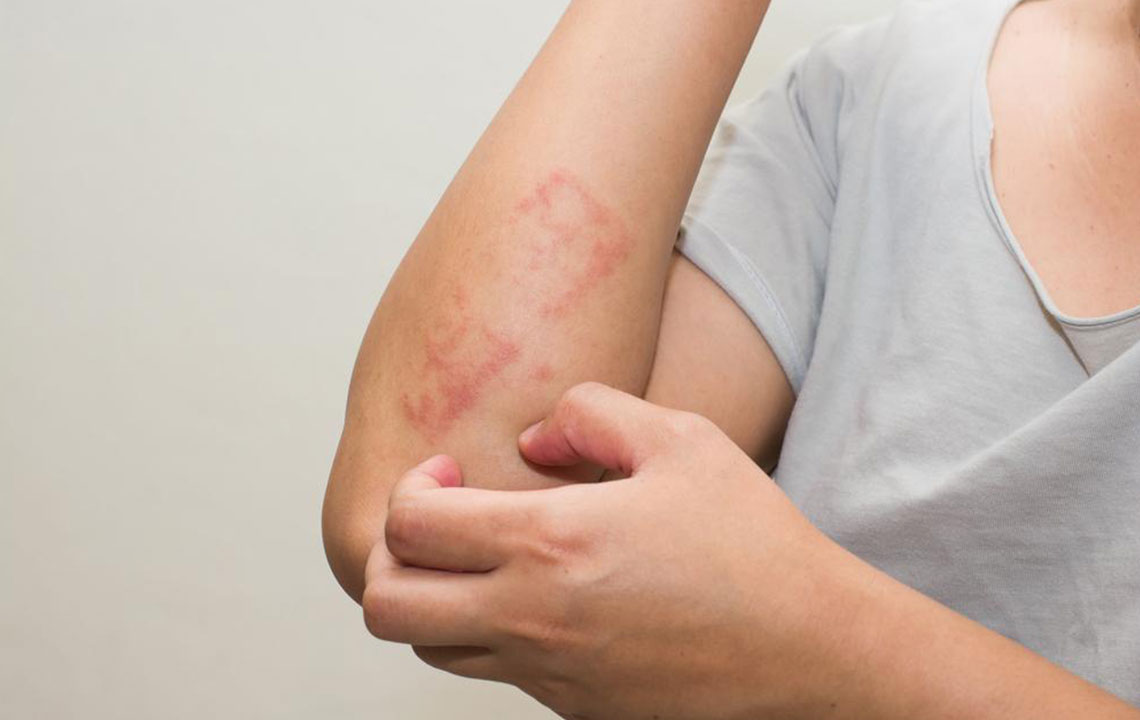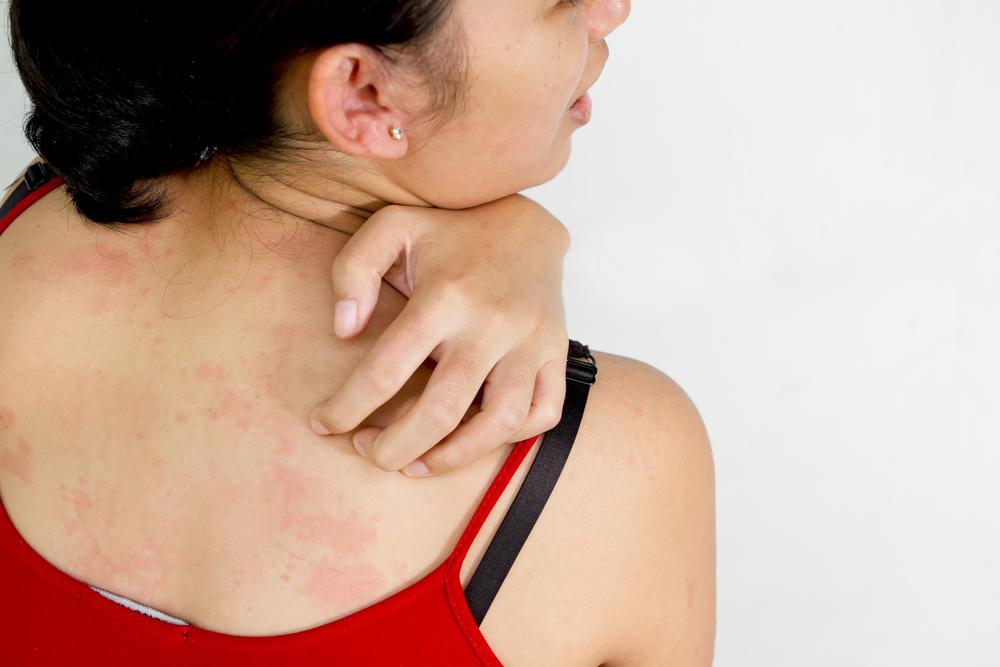Understanding Causes and Management of Eczema
Eczema, or atopic dermatitis, causes itchy, inflamed skin patches, worsened by environmental factors and genetics. Management includes medications, skincare, lifestyle changes, and avoiding triggers. Early treatment is key to preventing escalation and associated allergies like asthma. Consult with dermatologists for personalized care to control symptoms effectively.
Sponsored

Do you notice itchy, inflamed patches on your skin that seem to come and go? Eczema, also called atopic dermatitis, might be the culprit. This common skin condition often affects people without obvious symptoms. What appears as dry, flaky skin due to weather changes could indicate eczema. Though it may look normal initially, it can worsen over time if untreated.
Eczema causes swelling of the skin tissue and commonly appears on children's cheeks or adults’ elbows and behind the knees. It is not contagious unless complicated by skin infections. Symptoms tend to flare with seasonal changes, and many sufferers also experience allergies like hay fever or asthma.
The exact cause of eczema remains unknown, but several factors may contribute:
Genetics: Family history increases susceptibility.
Environmental Exposure: Dust, pollen, and allergens can trigger outbreaks.
Diet: Sensitivity to certain foods like wheat can lead to flare-ups.
Climate: Dry, low-humidity environments dry out the skin.
Water Quality: Hard water high in calcium and magnesium minerals can irritate the skin.
Symptoms of eczema include dry, flaky skin, red patches, and intense itching. Scratching may cause skin damage or infections. Diagnosis is primarily visual, sometimes supplemented with allergy tests or skin biopsy to identify underlying causes.
Though no permanent cure exists, symptoms can be managed effectively:
Medications: Topical steroids, pimecrolimus, or newer drugs like dupilumab reduce inflammation under medical supervision.
Phototherapy: Controlled ultraviolet light therapy can help long-term management but should be used cautiously.
Other Treatments: Immunosuppressants such as ciclosporin or anti-itch medications may be prescribed.
Skincare: Gentle lotions, avoiding harsh soaps and hot water, and using fragrance-free products are crucial.
Lifestyle: Wearing soft fabrics, staying hydrated, consuming vitamin D-rich foods, and managing stress help control symptoms. Avoid allergens to prevent flare-ups.
It's important to manage eczema alongside related allergies like asthma and hay fever, as these share immune system dysfunctions. Protecting skin during outdoor activities with protective clothing and avoiding scratching of ruptured bumps helps prevent infections. Early intervention, especially in children, can reduce the risk of progression and related conditions. Consult a dermatologist if symptoms arise to receive proper treatment and guidance for effective control.






